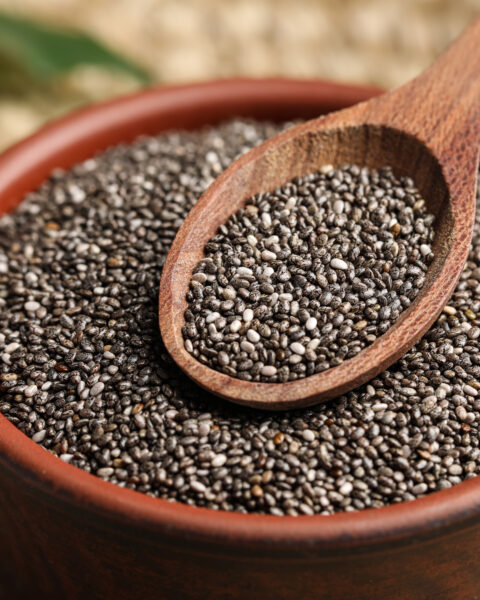In the quest for a healthy and balanced diet, vegetables play a crucial role in providing essential nutrients and promoting overall well-being. In this article, we’ve compiled a list of 10 powerhouse vegetables that nutritionists recommend incorporating more of into our daily meals. From leafy greens to vibrant root vegetables, these nutrient-dense superstars offer a wide array of vitamins, minerals, and antioxidants that are beneficial for our health. Whether you’re looking to boost your immune system, support digestive health, or simply enhance your nutritional intake, these vegetables are essential for optimizing your diet and fostering a healthier lifestyle.
Contents
Kale
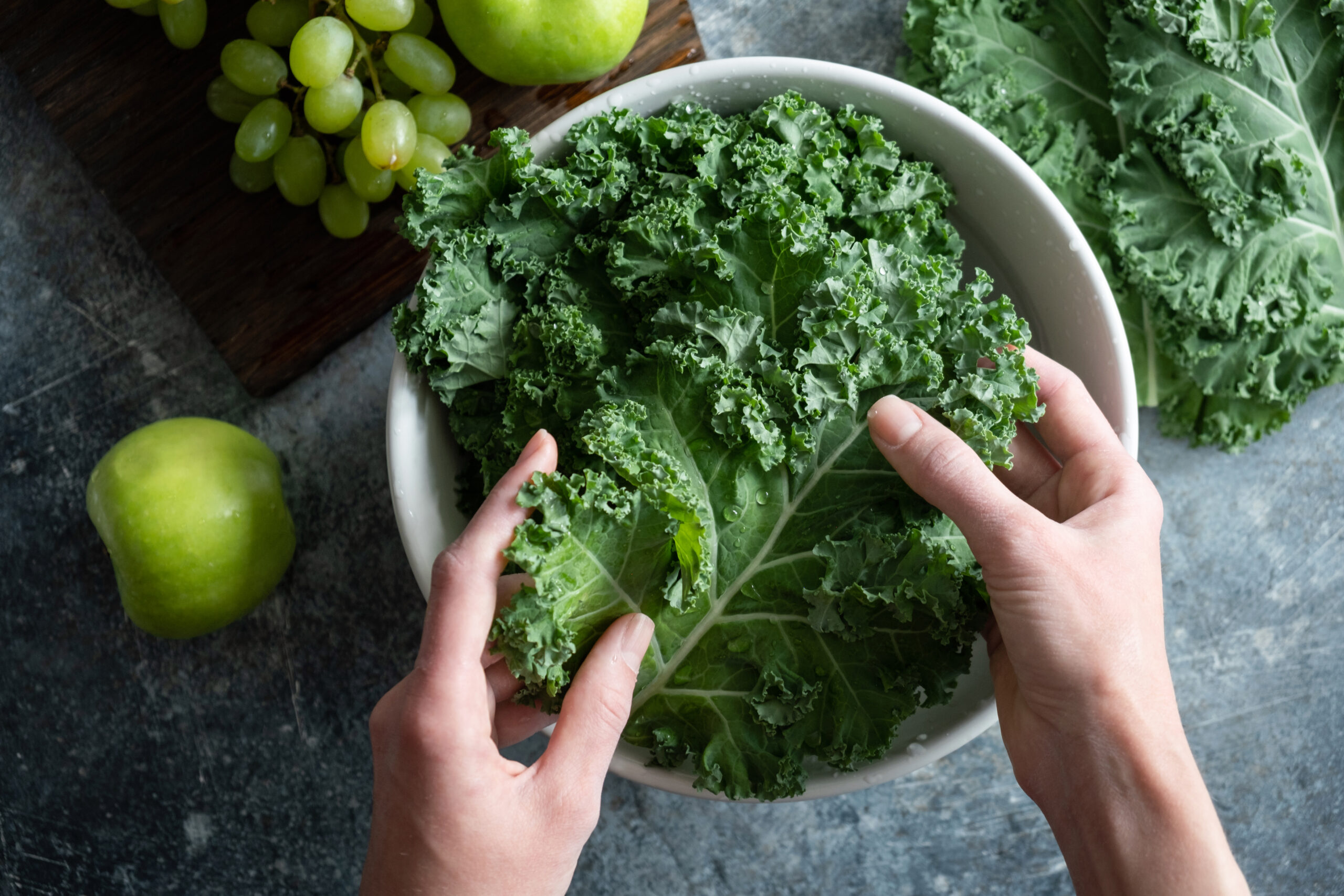
Kale is often hailed as a superfood, and for good reason. This leafy green is packed with vitamins A, C, and K, along with antioxidants and fiber. Nutritionists recommend it for its anti-inflammatory properties and its ability to support heart and bone health. Its versatility in dishes—from smoothies to salads—makes it an easy addition to any diet.
Sweet Potatoes

Sweet potatoes are not only delicious but also incredibly nutritious. They’re high in vitamins A and C, fiber, and potassium. Their natural sweetness pairs well in both savory and sweet dishes, making them a great alternative to regular potatoes. Nutritionists appreciate their role in maintaining healthy blood sugar levels and their high antioxidant content.
Broccoli
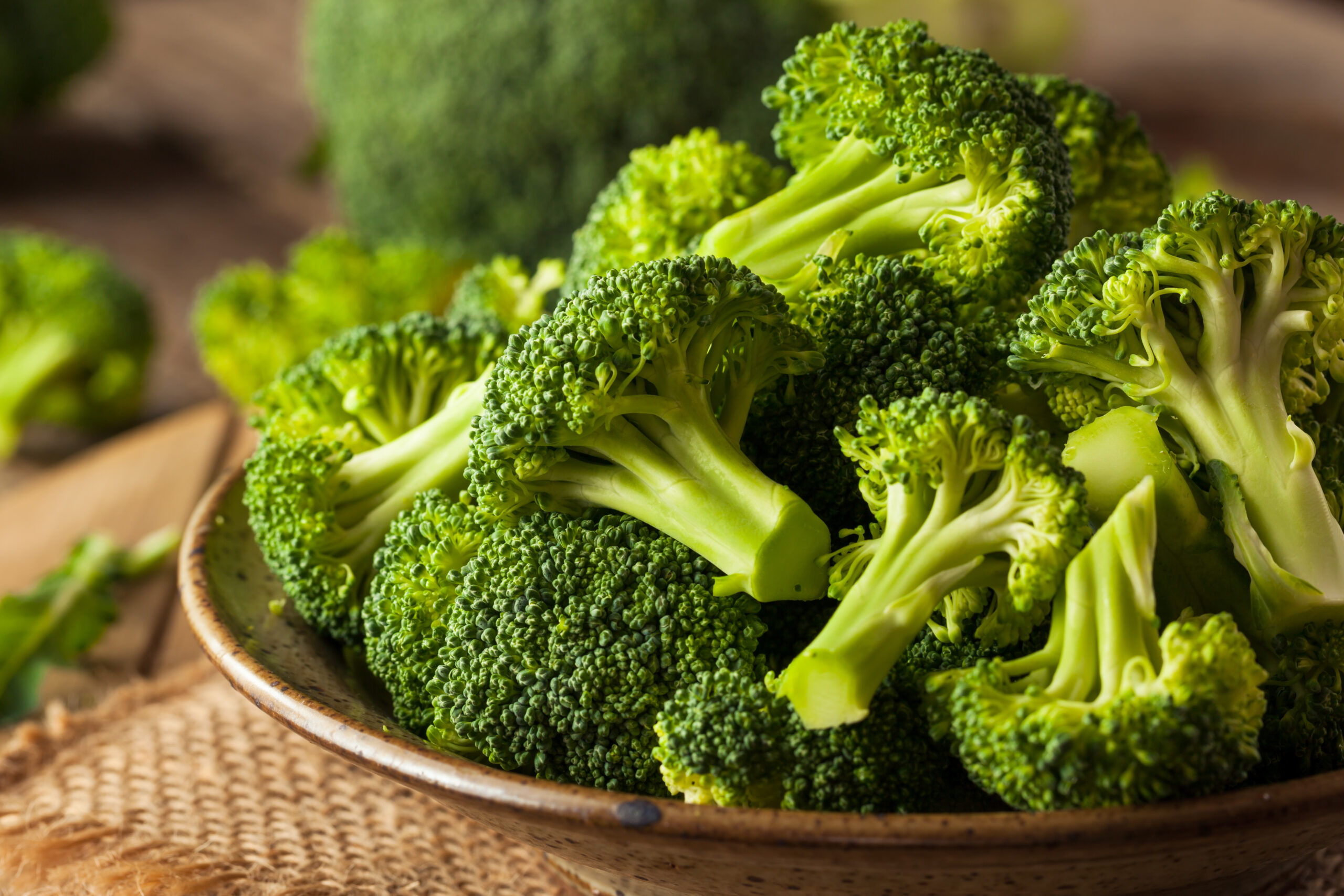
Broccoli, a member of the cruciferous vegetable family, is rich in vitamins C and K, fiber, and compounds like sulforaphane, known for its cancer-fighting properties. Regular consumption of broccoli can aid in detoxification and support overall health, making it a top recommendation by nutritionists.
Beets
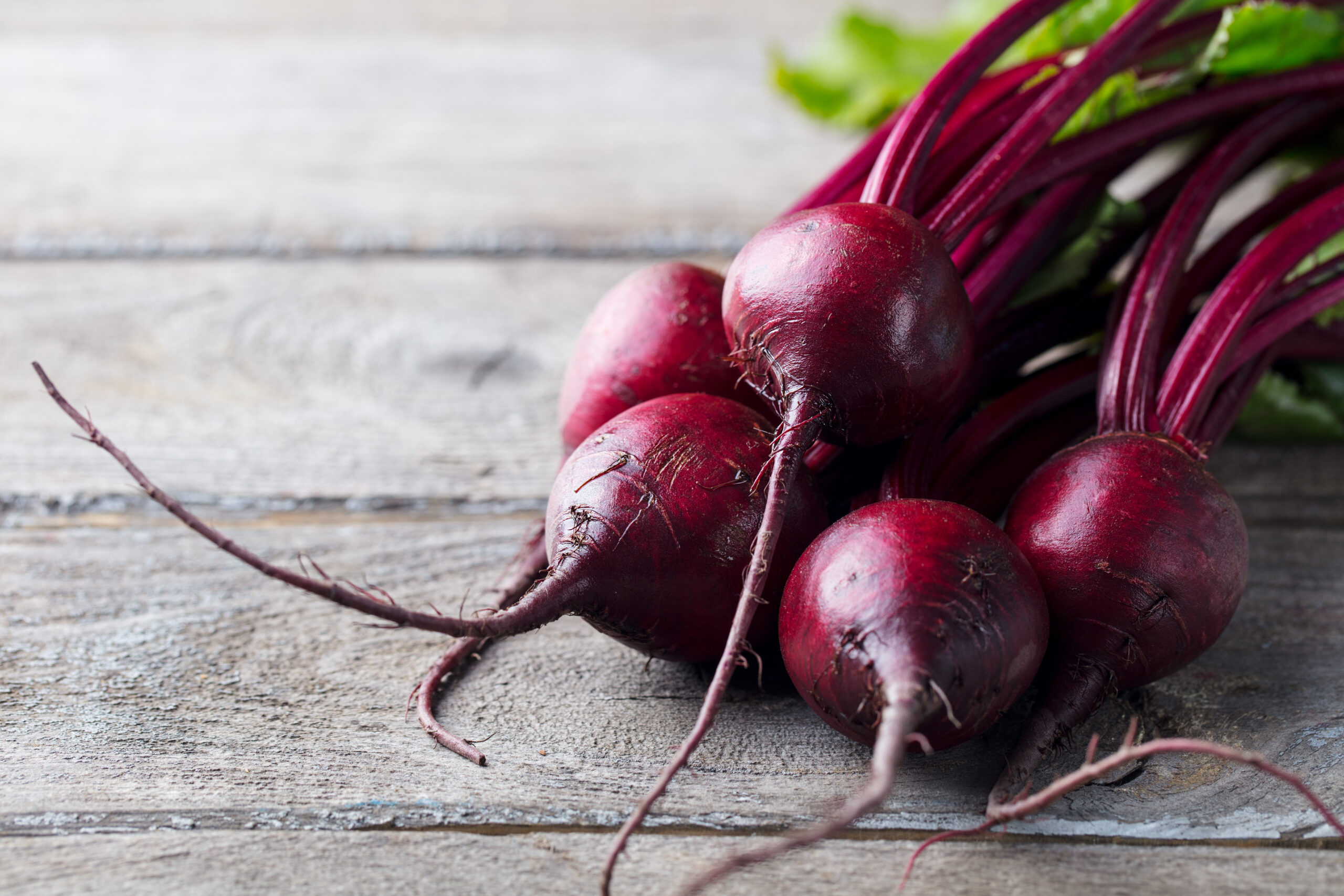
Beets are a vibrant and nutritious root vegetable. They’re a good source of folate, manganese, and nitrates, which have been shown to improve blood flow and lower blood pressure. Their earthy sweetness adds depth to salads, soups, and even smoothies.
Spinach
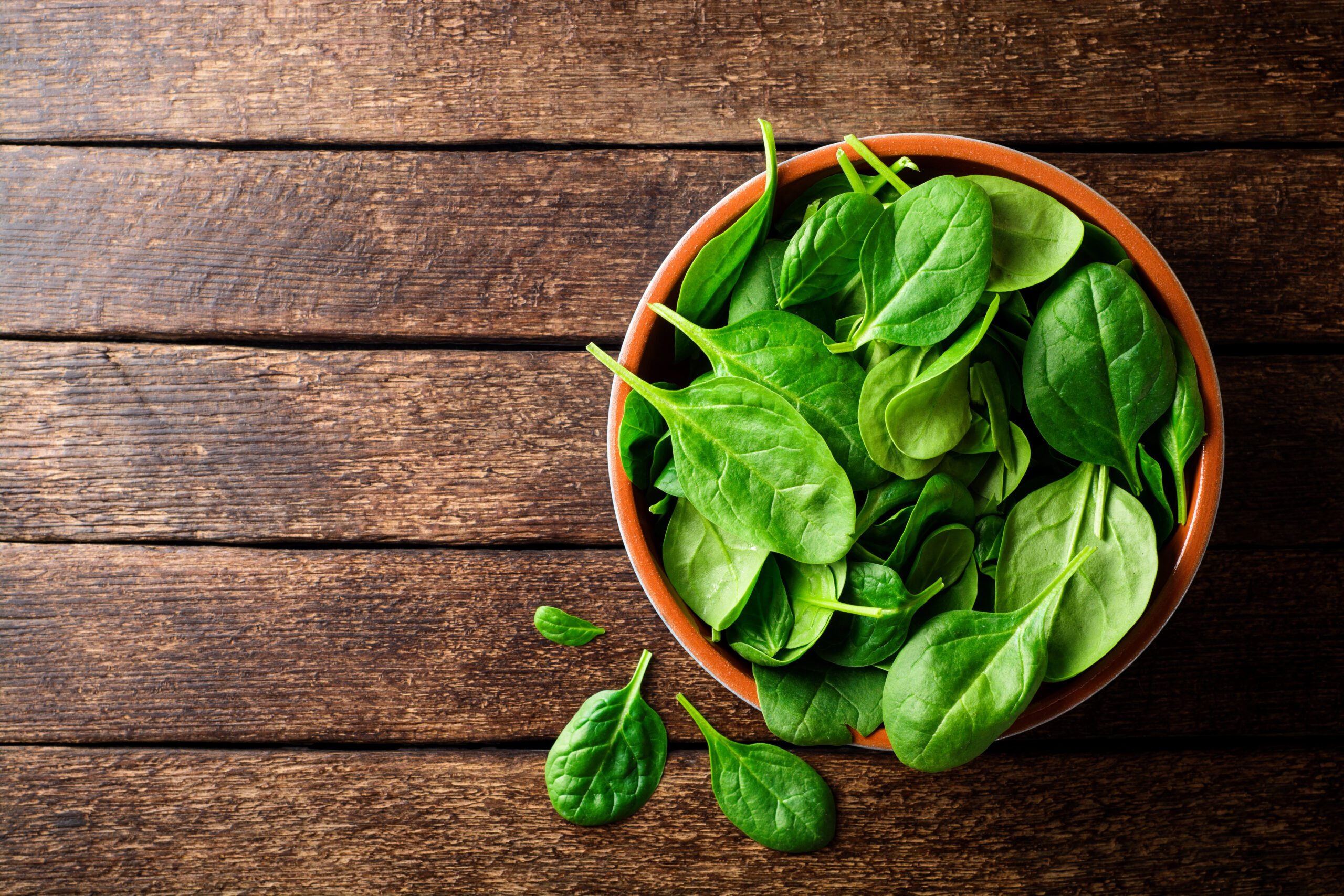
Spinach is celebrated for its high levels of iron, calcium, and vitamins A and C. It’s a versatile green, easily incorporated into a variety of dishes. Nutritionists recommend spinach for its potential to improve eye health, reduce oxidative stress, and help prevent cancer.
Brussels Sprouts
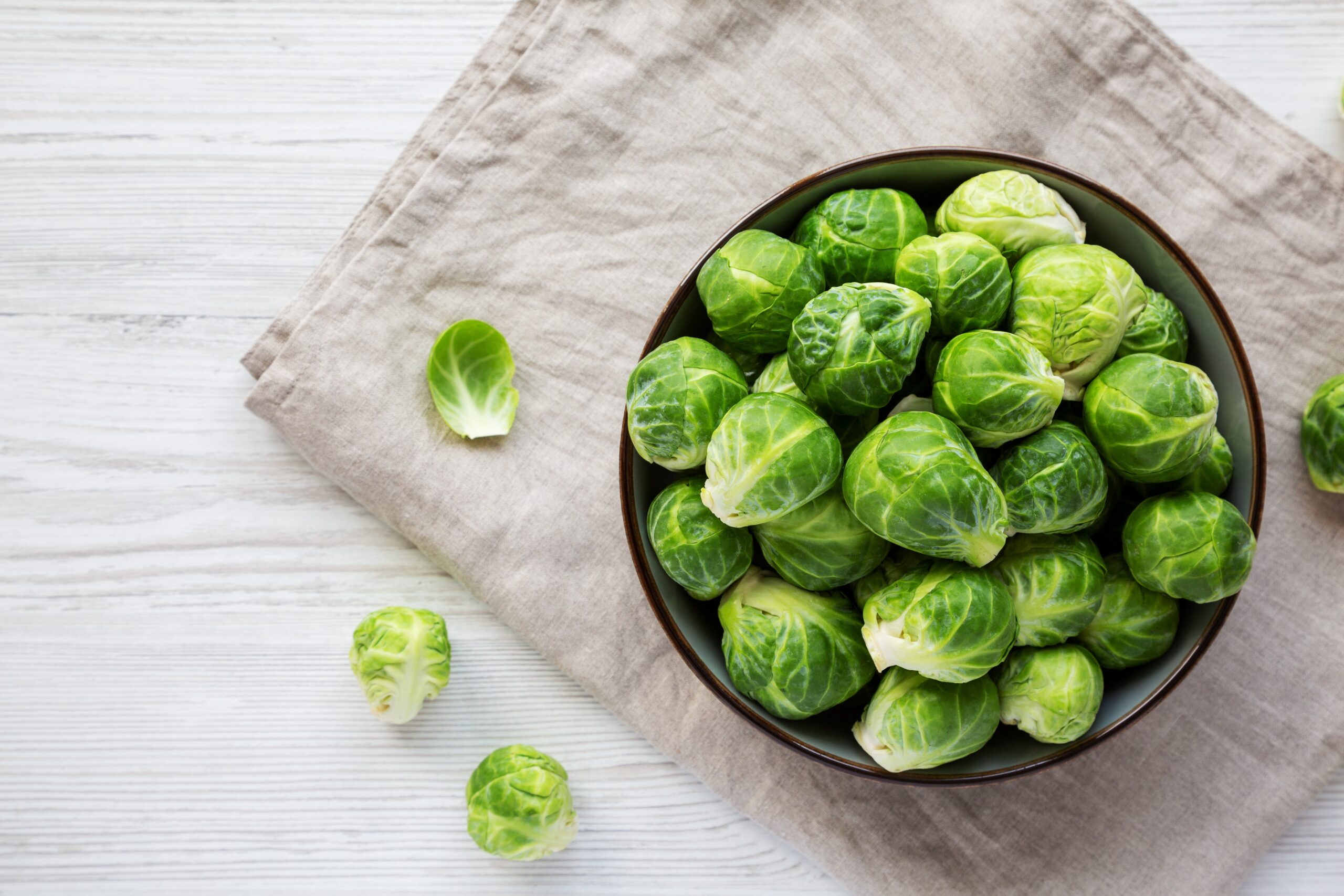
Brussels sprouts are miniature nutrient bombs. High in fiber, vitamins C and K, and rich in antioxidants, they help combat inflammation and improve digestive health. When roasted, they take on a nutty flavor that even the pickiest eaters can enjoy.
Carrots
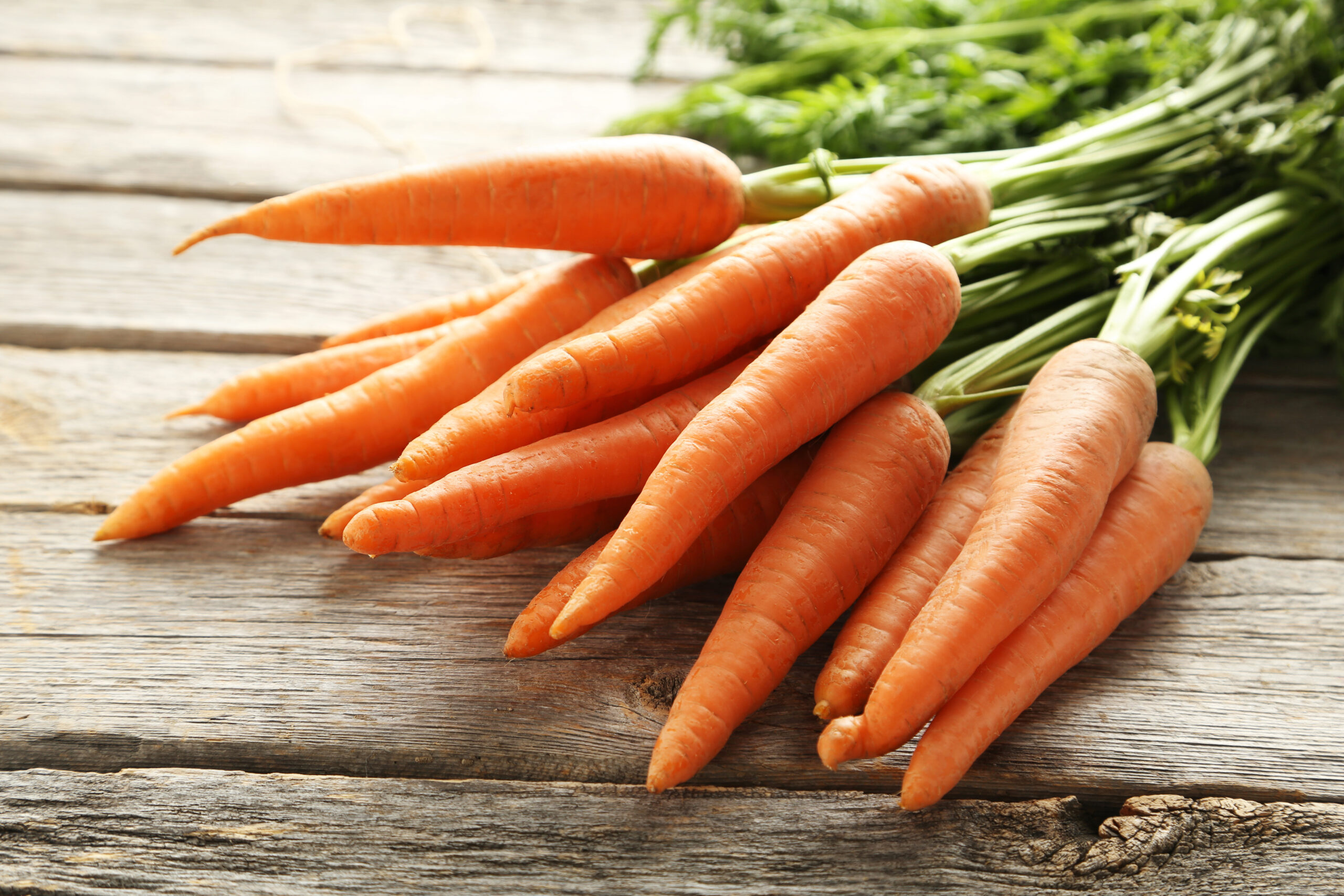
While known for their high beta-carotene content, which is great for eye health, carrots offer more. They’re also rich in fiber, vitamin K1, and potassium. Nutritionists recommend them for their ability to lower cholesterol levels and their anti-cancer properties.
Bell Peppers

Bell peppers, especially the red variety, are high in vitamins A, C, and B6. They’re packed with antioxidants and have been shown to reduce the risk of chronic diseases. Their sweetness adds a flavorful punch to dishes, making them a favorite in a variety of cuisines.
Garlic
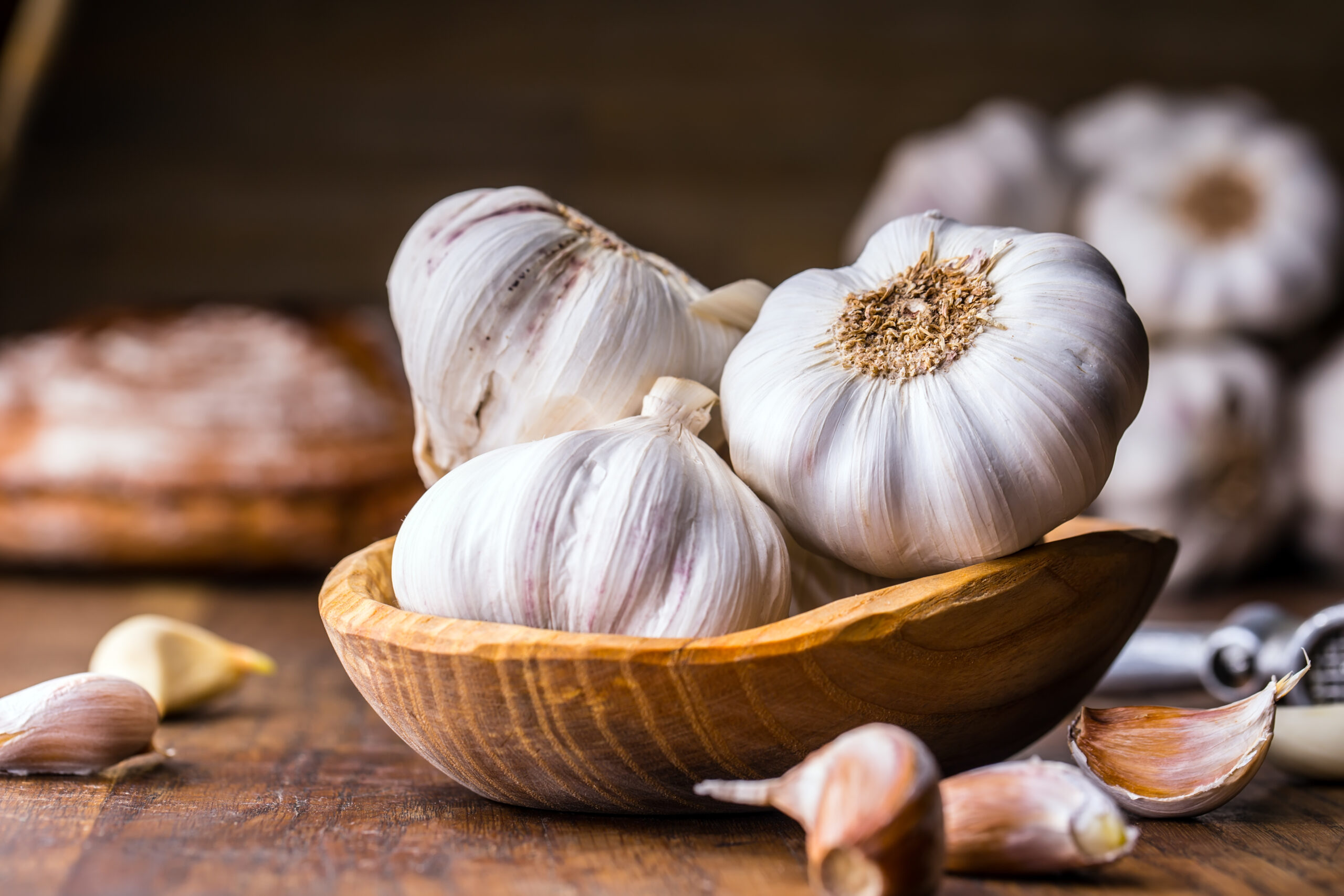
Garlic is more than just a flavor enhancer. It’s known for its health benefits, including its ability to combat sickness, reduce blood pressure, and lower heart disease risks. Nutritionists often recommend incorporating garlic into a regular diet for its potent medicinal properties.
Avocado
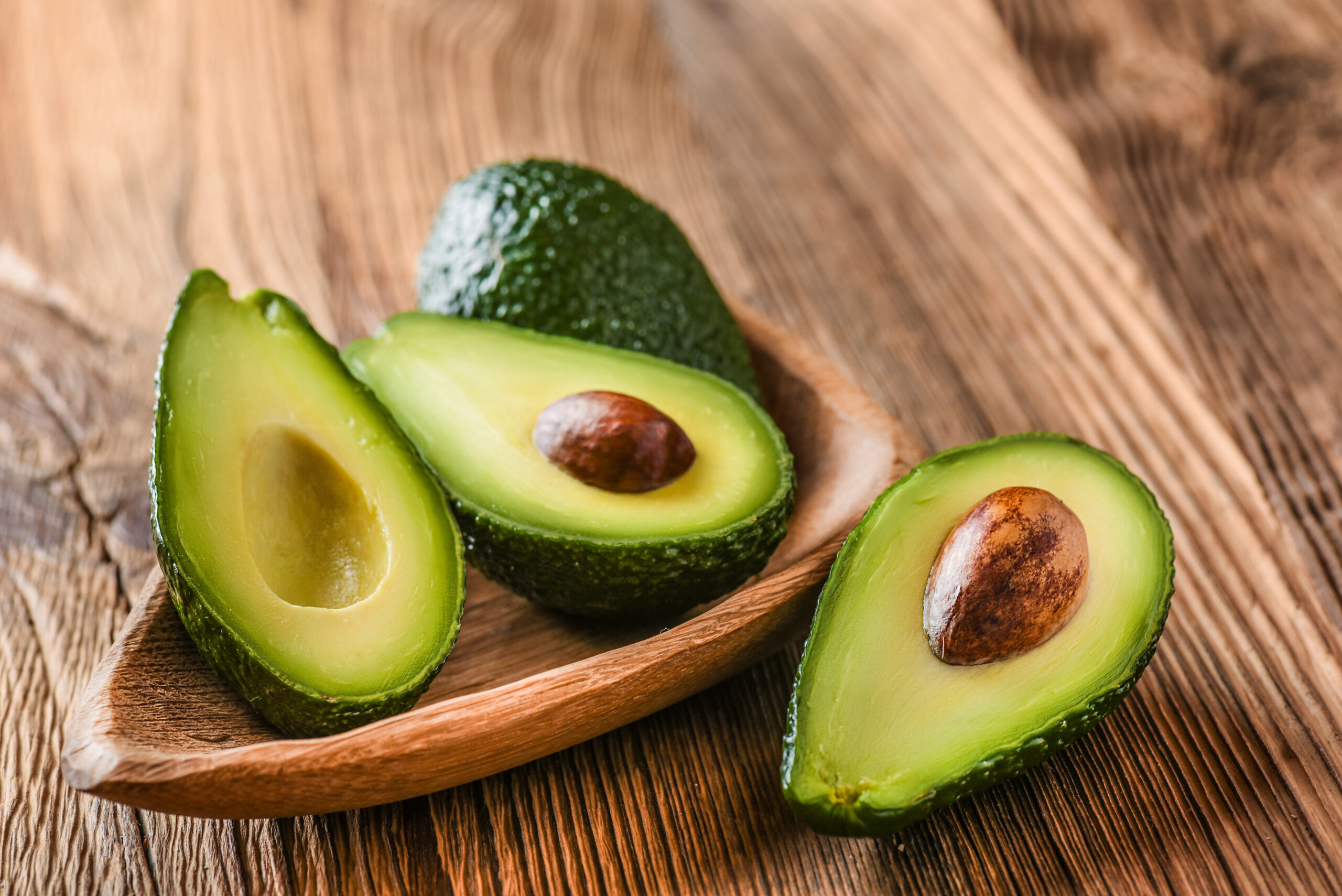
Though technically a fruit, avocado is often consumed like a vegetable and is recommended by nutritionists for its healthy fats, particularly monounsaturated fat. It’s also high in fiber, potassium, and vitamin E. Avocado’s rich, creamy texture and neutral flavor make it a versatile and beneficial addition to many dishes.



